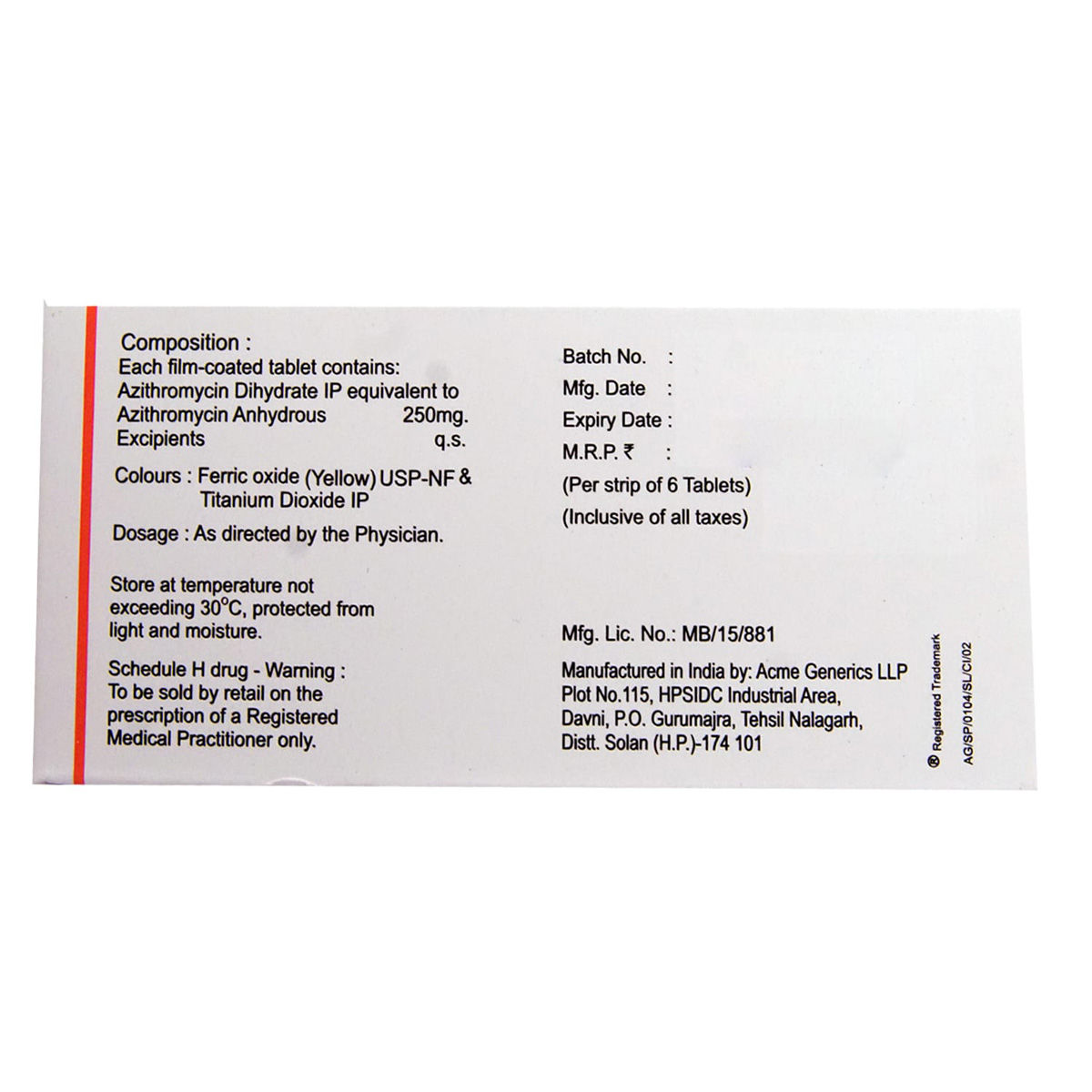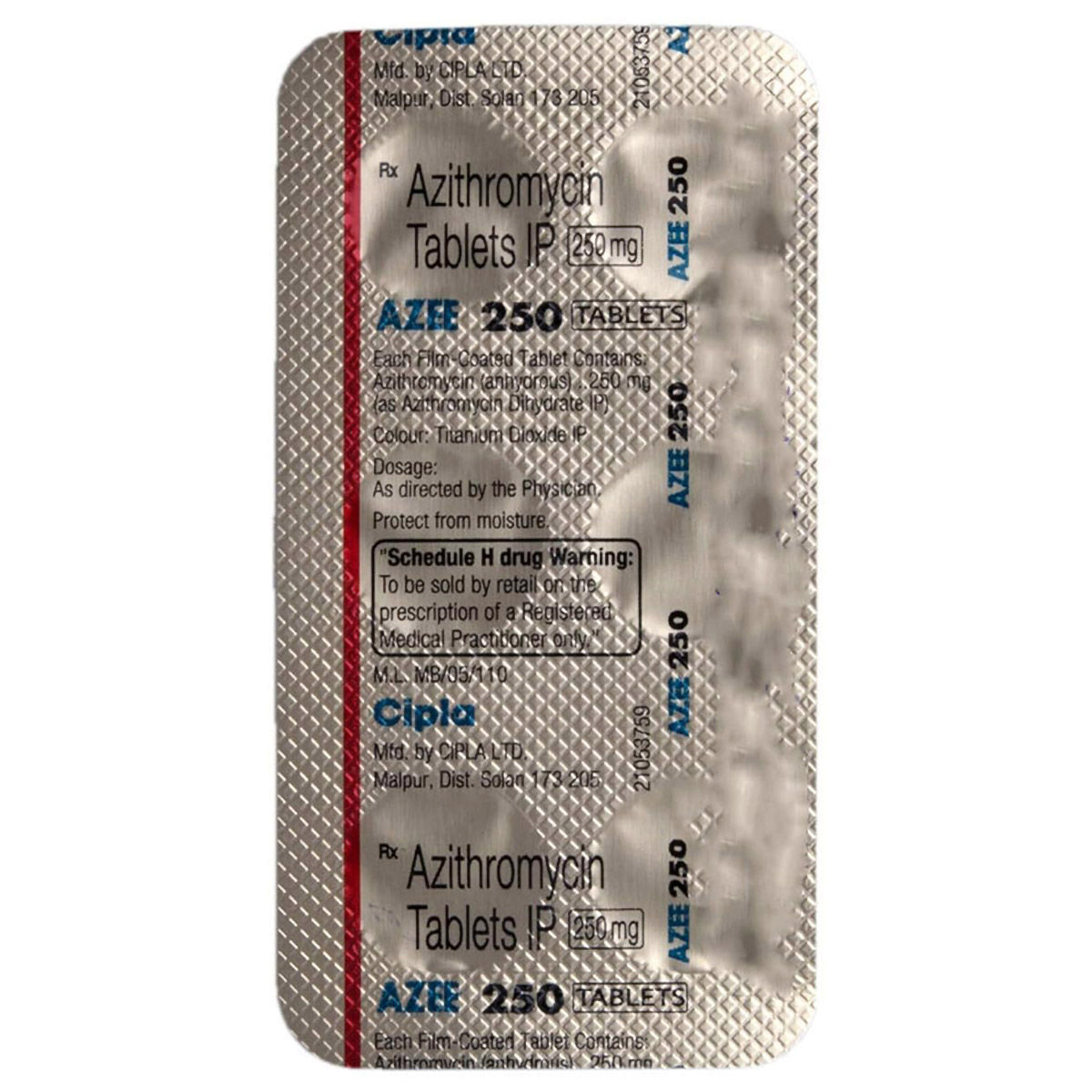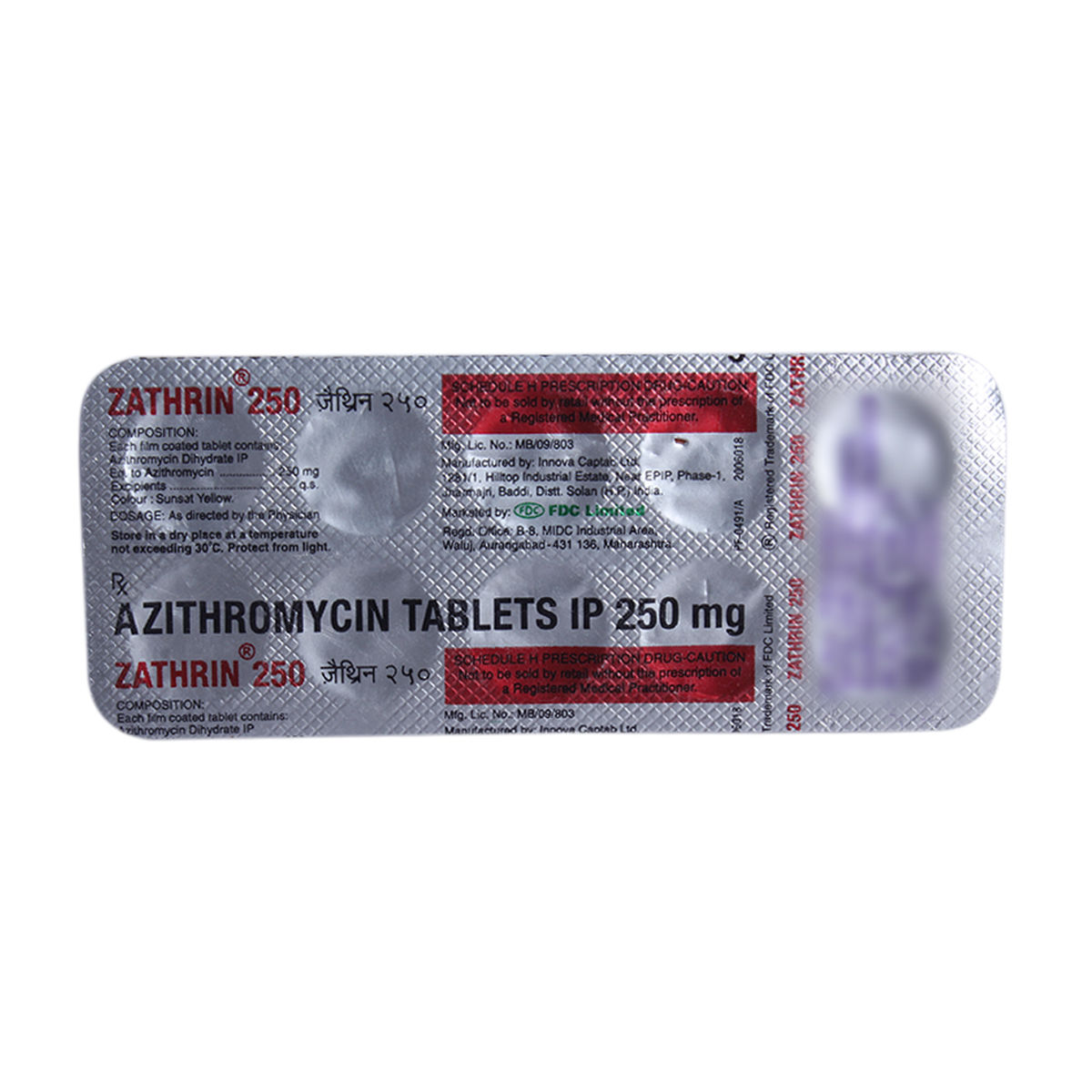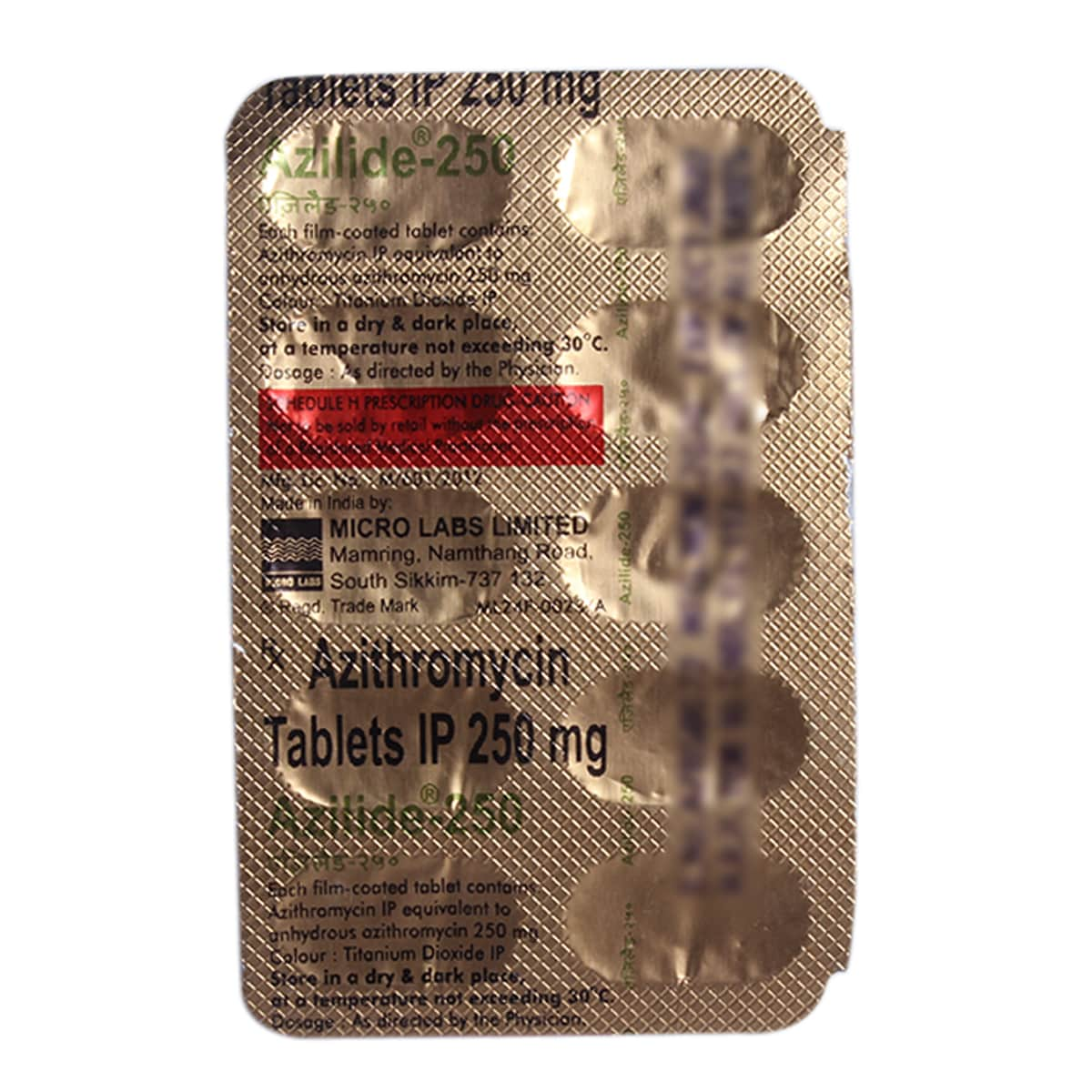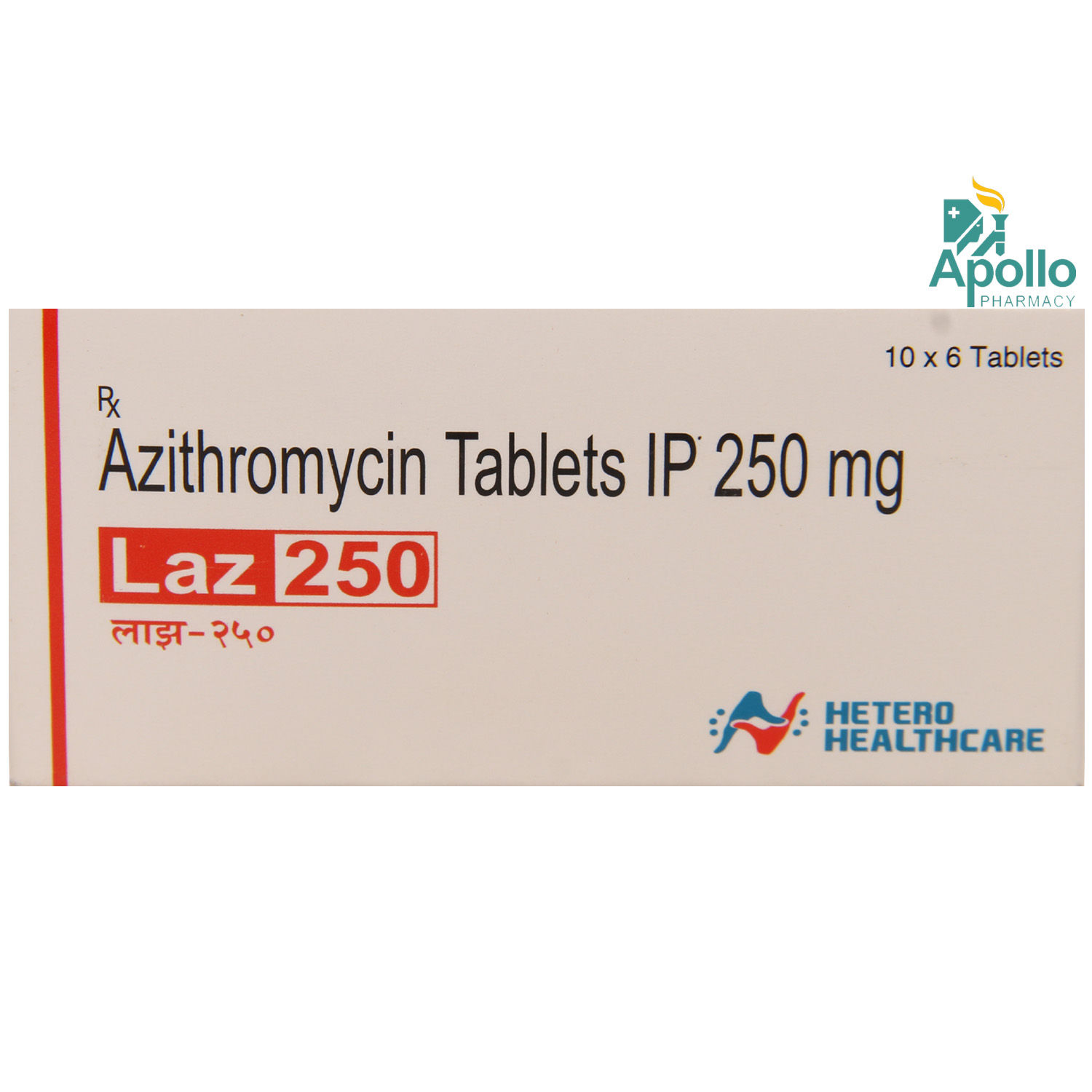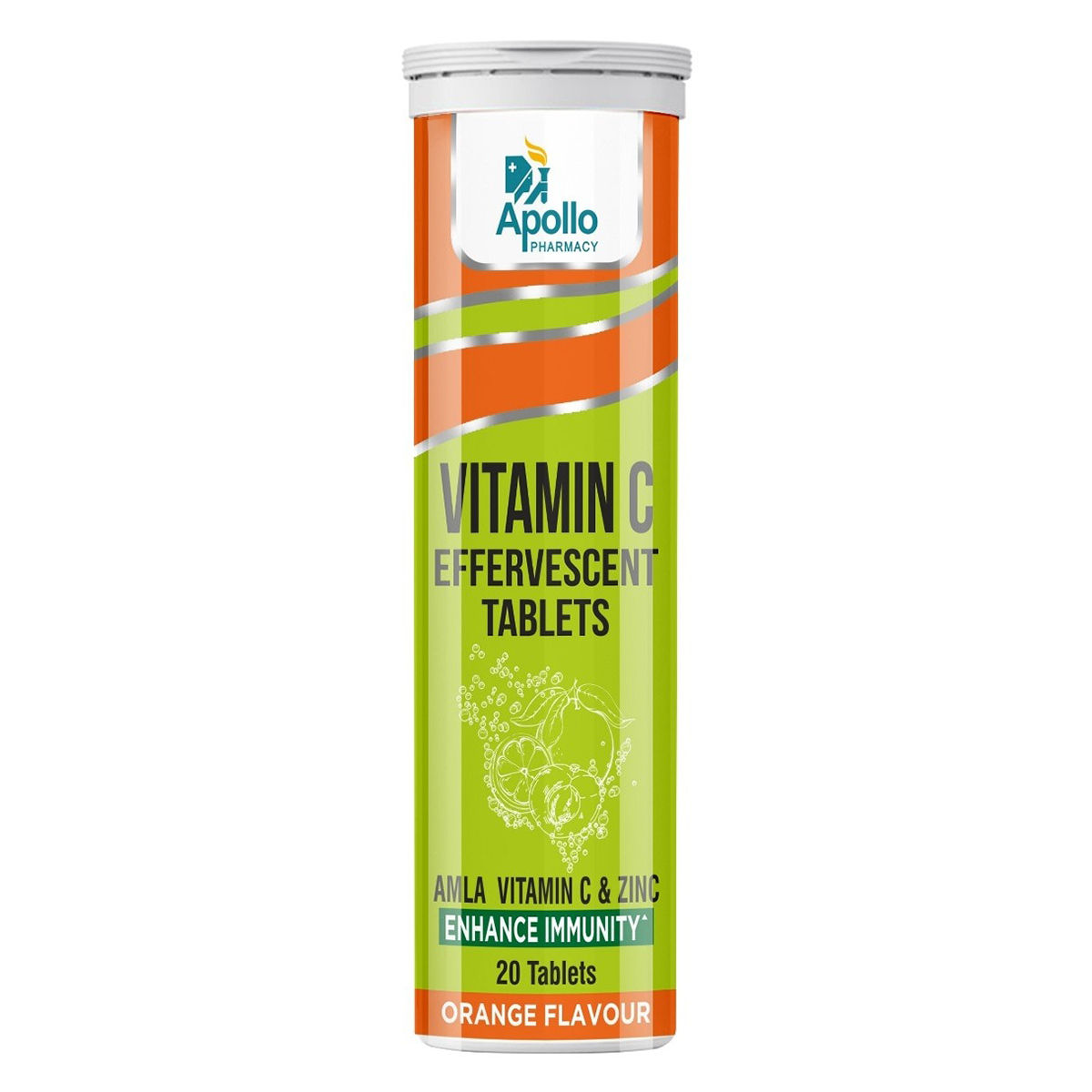Azithral 250 mg DT Tablet 5's

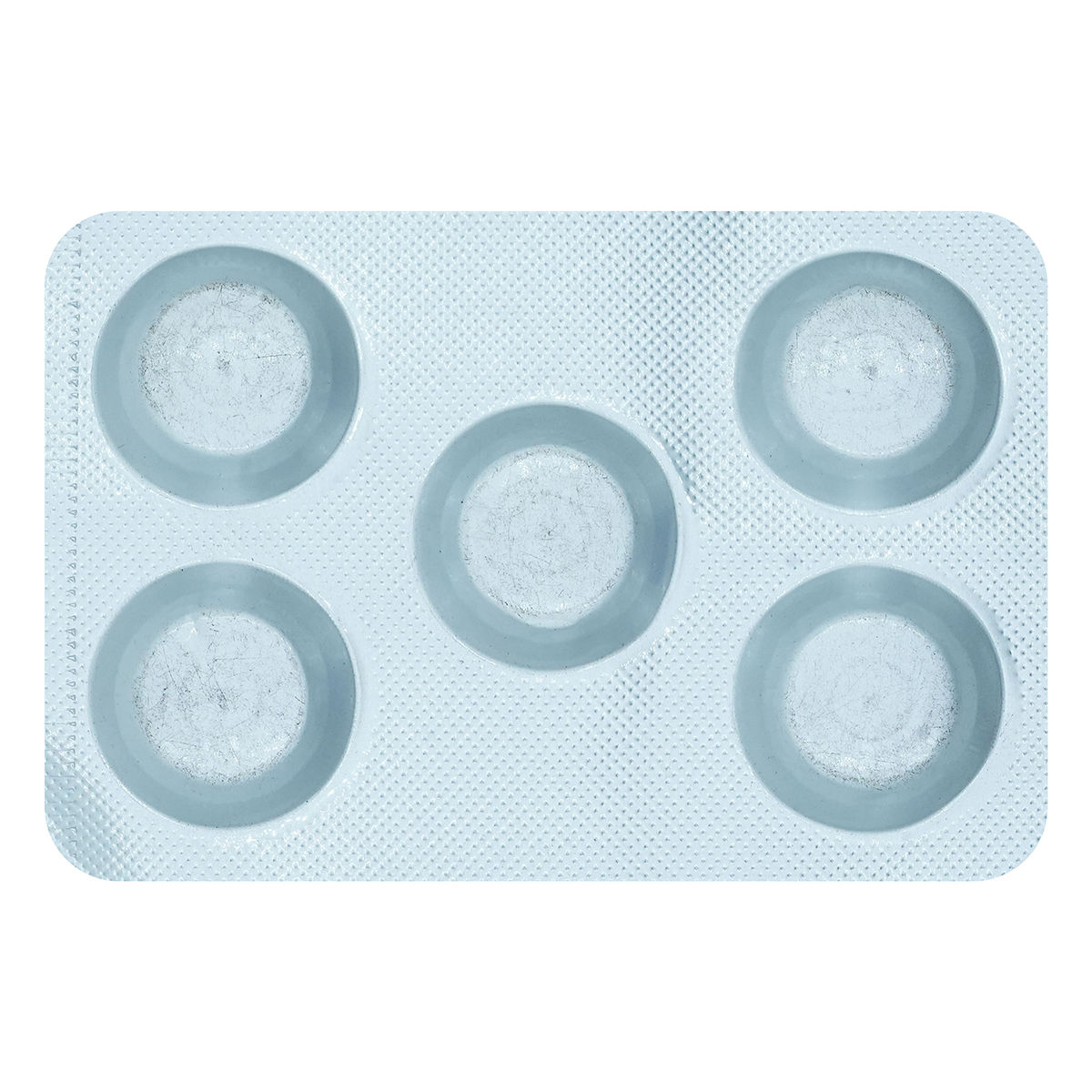
₹58.5*
MRP ₹65
10% off
₹55.25*
MRP ₹65
15% CB
₹9.75 cashback(15%)
Free Delivery
With Circle membership
(Inclusive of all Taxes)
This offer price is valid on orders above ₹800. Apply coupon PHARMA10/PHARMA18 (excluding restricted items)
Azithral 250 mg DT Tablet is used to treat several bacterial infections in children. It contains Azithromycin, which works by inhibiting the production of essential proteins that are necessary for bacteria to grow, multiply and increase in numbers. Thus, it prevents the growth of bacteria. Give this medication to your child as prescribed by the doctor. This medication may cause common side effects such as diarrhoea, vomiting, headache, nausea or stomach pain.
Know Your Delivery Time
Provide Delivery Location
 Prescription drug
Prescription drugWhats That

Secure Payment

India's Most Trusted Pharmacy

Genuine Products
Composition :
Manufacturer/Marketer :
Consume Type :
Return Policy :
Expires on or after :
NPPA :
About Azithral 250 mg DT Tablet
Azithral 250 mg DT Tablet is used to treat several bacterial infections of the upper/lower respiratory tract, middle ear, skin and soft tissue. A bacterial infection is a condition in which harmful bacteria grow in the body and cause infection. It can infect any part of the body and multiply very quickly. Azithral 250 mg DT Tablet does not work against infections caused by a virus.
Azithral 250 mg DT Tablet contains Azithromycin, which works by inhibiting the production of essential proteins that are necessary for bacteria to grow, multiply and increase in numbers. Thus, it prevents the growth of bacteria.
Give Azithral 250 mg DT Tablet to your child as prescribed by the doctor. Azithral 250 mg DT Tablet may cause common side effects such as diarrhoea, vomiting, headache, nausea or stomach pain. Most of these side effects of Azithral 250 mg DT Tablet do not require medical attention and gradually resolve over time. However, if the side effects persist or worsen, please consult your doctor.
If your child is allergic to Azithromycin or other medicines, please tell the doctor. Azithral 250 mg DT Tablet should be used only in doses prescribed by a doctor for children. It is recommended that you complete the full course of Azithral 250 mg DT Tablet as prescribed by the doctor, even if your child feels better after a few days.
Directions for Use
Medicinal Benefits
Azithral 250 mg DT Tablet belongs to a class of medications called antibiotics. It contains Azithromycin, which is used to treat several bacterial infections in children. Azithromycin inhibits the production of essential proteins that are necessary for bacteria to grow, multiply, and increase in number.
How Azithral 250 mg DT Tablet Works
Storage
- Inform Your Doctor: Notify your doctor immediately about your diarrhoea symptoms. This allows them to adjust your medication or provide guidance on managing side effects.
- Stay Hydrated: Drink plenty of fluids to replace lost water and electrolytes. Choose water, clear broth, and electrolyte-rich drinks. Avoid carbonated or caffeinated beverages to effectively rehydrate your body.
- Follow a Bland Diet: Eat easy-to-digest foods to help firm up your stool and settle your stomach. Try incorporating bananas, rice, applesauce, toast, plain crackers, and boiled vegetables into your diet.
- Avoid Trigger Foods: Steer clear of foods that can worsen diarrhoea, such as spicy, fatty, or greasy foods, high-fibre foods, and dairy products (especially if you're lactose intolerant).
- Practice Good Hygiene: Maintain good hygiene to prevent the spread of infection. To stay healthy, wash your hands frequently, clean and disinfect surfaces regularly, and avoid exchanging personal belongings with others.
- Take Anti-Diarrheal Medications: If your doctor advises, anti-diarrheal medications such as loperamide might help manage diarrhoea symptoms. Always follow your doctor's directions.
- Keep track of your diarrhoea symptoms. If they don't get better or worse or are accompanied by severe stomach pain, blood, or dehydration signs (like extreme thirst or dark urine), seek medical help.
- Inform Your Doctor: Notify your doctor immediately about your diarrhoea symptoms. This allows them to adjust your medication or provide guidance on managing side effects.
- Stay Hydrated: Drink plenty of fluids to replace lost water and electrolytes. Choose water, clear broth, and electrolyte-rich drinks. Avoid carbonated or caffeinated beverages to effectively rehydrate your body.
- Follow a Bland Diet: Eat easy-to-digest foods to help firm up your stool and settle your stomach. Try incorporating bananas, rice, applesauce, toast, plain crackers, and boiled vegetables into your diet.
- Avoid Trigger Foods: Steer clear of foods that can worsen diarrhoea, such as spicy, fatty, or greasy foods, high-fibre foods, and dairy products (especially if you're lactose intolerant).
- Practice Good Hygiene: Maintain good hygiene to prevent the spread of infection. To stay healthy, wash your hands frequently, clean and disinfect surfaces regularly, and avoid exchanging personal belongings with others.
- Take Anti-Diarrheal Medications: If your doctor advises, anti-diarrheal medications such as loperamide might help manage diarrhoea symptoms. Always follow your doctor's directions.
- Keep track of your diarrhoea symptoms. If they don't get better or worse or are accompanied by severe stomach pain, blood, or dehydration signs (like extreme thirst or dark urine), seek medical help.
- Drink water or other clear fluids.
- To prevent worsening of pain, limit intake of tea, coffee, or alcohol.
- Include bland foods like rice, toast, crackers, and rice in your diet.
- Avoid lying down immediately after eating as it may cause indigestion or heartburn.
- Avoid acidic and spicy food as it may cause indigestion.
- Consume more fruits, vegetables, and cruciferous foods like cabbage, kale, and broccoli.
- Reduced alcohol intake can enhance liver enzyme function.
- Oxidative stress can be managed by eating foods rich in antioxidants, such as vitamins C and E.
- Liver function tests regularly can help manage increased levels of AST.
- To improve liver health and aid in the removal of toxins, drink lots of water.
- Alcohol consumption should be reduced or stopped because it can raise ALT levels and impair liver function.
- Consume a well-rounded diet full of whole grains, fruits, and vegetables. Limit items that strain the liver, such as processed, fatty, or fried foods.
- You can monitor your ALT levels and make treatment modifications with the support of routine blood tests.
- Include lean proteins like skinless poultry and fish.
- Choose whole grains and low-fat dairy products.
- Limit intake of fat and oil.
- Stay hydrated by drinking plenty of water.
- Restrict heavy sugar intake.
- Avoid red meat, processed foods, and refined sugar.
- Eat more fruits and vegetables.
- Stay hydrated by drinking plenty of water.
- Low bicarbonate levels can lead to more acid buildup in your blood, so your doctor may administer sodium bicarbonate through an IV to help balance it.
- Drink lots of fluids or water to reduce acid load in your blood, and make sure your urine is clear or light yellow.
- Limit alcohol intake, as it can dehydrate you and increase acid buildup.
- If you are diabetic, keep your blood sugar levels in a healthy range.
- Eat high-alkaline foods, like fruits, nuts, legumes, and vegetables.
- Avoid foods that can cause your body to produce more acids, including eggs, meats, cheese, and grains.
Drug Warnings
If your child is allergic to Azithromycin or other medicines, please tell the doctor. Azithral 250 mg DT Tablet should be used only in doses prescribed by a doctor for children. You are recommended to complete the full course of Azithral 250 mg DT Tablet as prescribed by the doctor, even if your child feels better after a few days.
Drug-Drug Interactions
Drug-Drug Interactions
Login/Sign Up
Co-administration of Azithral 250 mg DT Tablet with Ziprasidone can increase the risk of irregular heart rhythm.
How to manage the interaction:
Although there is an interaction between Ziprasidone and Azithral 250 mg DT Tablet but can be taken together if prescribed by a doctor. Contact a doctor immediately if you experience sudden dizziness, lightheadedness, fainting, shortness of breath. Do not discontinue any medications without consulting a doctor.
Taking Azithral 250 mg DT Tablet along with edoxaban may raise the blood levels of edoxaban. This increases the possibility of significant or serious bleeding problems.
How to manage the interaction:
Though administration of Azithral 250 mg DT Tablet alongside edoxaban can result in an interaction, it can be taken if a doctor has advised it. However, if you have any unusual bleeding or bruising, dizziness, lightheadedness, red or black, tarry stools, coughing up or vomiting fresh or dried blood that looks like coffee grounds, severe headache, and weakness, you should seek immediate medical attention. Do not discontinue any medications without consulting a doctor.
Taking Azithral 250 mg DT Tablet with iloperidone increases the risk of an abnormal heart rhythm.
How to manage the interaction:
Though administration of Azithral 250 mg DT Tablet alongside iloperidone can result in an interaction, it can be taken if a doctor has advised it. However, if you experience sudden dizziness, lightheadedness, fainting, shortness of breath, or rapid heartbeat, get medical treatment immediately. Do not discontinue any medications without consulting a doctor.
Taking Azithral 250 mg DT Tablet with Panobinostat increases the risk of an abnormal heart rhythm.
How to manage the interaction:
Although administration of Azithral 250 mg DT Tablet alongside Panobinostat can result in an interaction, it can be taken if a doctor has advised it. However, if you experience sudden dizziness, lightheadedness, fainting, breathing difficulty, or rapid heartbeat, consult the doctor immediately. Do not stop any medications without a doctor's advice.
Taking Azithral 250 mg DT Tablet with efavirenz increases the risk of an abnormal heart rhythm.
How to manage the interaction:
Though administration of Azithral 250 mg DT Tablet alongside efavirenz can result in an interaction, it can be taken if a doctor has advised it. However, if you experience abrupt dizziness, lightheadedness, fainting, shortness of breath, or heart palpitations, get medical treatment immediately. Do not discontinue any medications without consulting a doctor.
Taking Morphine with Azithral 250 mg DT Tablet may raise blood levels and side effects of morphine.
How to manage the interaction:
Although administration of Azithral 250 mg DT Tablet alongside morphine can result in an interaction, it can be taken if a doctor has advised it. However, if you experience dizziness, drowsiness, difficulty concentrating, and impairment in judgment, reaction speed and motor coordination contact a doctor. Do not discontinue any medications without consulting a doctor.
Taking Azithral 250 mg DT Tablet with vemurafenib increases the risk of an abnormal heart rhythm. If you're dealing with other cardiac illnesses, electrolyte imbalances (for example, magnesium or potassium loss likely due to serious or prolonged diarrhoea or vomiting), you may be at greater risk.
How to manage the interaction:
Although administration of Azithral 250 mg DT Tablet alongside vemurafenib can possibly result in an interaction, it can be taken if your doctor has advised it. However, if you experience sudden dizziness, lightheadedness, fainting, breathing difficulty, or rapid heartbeat, consult the doctor immediately. Do not stop any medications without a doctor's advice.
Teriflunomide can cause liver issues, and combining it with Azithral 250 mg DT Tablet, can raise the risk.
How to manage the interaction:
Although administration of Azithral 250 mg DT Tablet alongside teriflunomide can result in an interaction, it can be taken if a doctor has advised it. However, if you notice fever, chills, joint pain or swelling, unusual bleeding or bruising, skin rash, itching, loss of appetite, fatigue, nausea, vomiting, abdominal pain, dark colored urine, light colored stools, and/or yellowing of the skin or eyes, contact a doctor right away. Do not discontinue any medications without consulting a doctor. Do not stop using any medications without talking to a doctor.
Taking Azithral 250 mg DT Tablet with ceritinib may increase the risk of an abnormal heart rhythm.
How to manage the interaction:
Although using Azithral 250 mg DT Tablet alongside ceritinib can result in an interaction, but it can be taken together if prescribed by a doctor. However, consult a doctor if you experience sudden dizziness, lightheadedness, fainting, shortness of breath. Do not discontinue any medications without consulting a doctor.
Taking Azithral 250 mg DT Tablet with hydroxychloroquine increases the risk of an abnormal heart rhythm.
How to manage the interaction:
Though administration of Azithral 250 mg DT Tablet alongside hydroxychloroquine can result in an interaction, it can be taken if a doctor has advised it. However, if you experience sudden dizziness, lightheadedness, fainting, breathing difficulty, or rapid heartbeat, consult the doctor immediately. Do not stop any medications without a doctor's advice.
Drug-Food Interactions
Drug-Food Interactions
Login/Sign Up
Diet & Lifestyle Advise
- Give probiotics after completing the full course to restore some healthy bacteria in the intestines that may have been killed.
- Probiotics after antibiotic treatment can reduce the risk of antibiotic-associated diarrhoea. Certain fermented foods like cheese, yoghurt, kombucha, sauerkraut, and kimchi can help to restore the good bacteria of the intestine. Include fibre-rich foods, as they can be easily digested by gut bacteria, which helps stimulate their growth. Thus, fibre-rich foods may help restore healthy gut bacteria after a course of antibiotics.
- Make sure your child drinks plenty of water or other fluids every day.
Habit Forming
Therapeutic Class
Product Substitutes
Alcohol
Not applicable
-
Pregnancy
Not applicable
-
Breast Feeding
Not applicable
-
Driving
Not applicable
-
Liver
Consult your doctor
If your child is suffering from liver disease, inform your doctor before using Azithral 250 mg DT Tablet.
Kidney
Consult your doctor
If your child is suffering from kidney disease, inform your doctor before using Azithral 250 mg DT Tablet.
Children
Safe if prescribed
Azithral 250 mg DT Tablet should be used for children in dose and duration as advised by the doctor.

Have a query?
FAQs
Azithral 250 mg DT Tablet is used to treat several bacterial infections of the upper/lower respiratory tract, middle ear, skin and soft tissue.
Azithral 250 mg DT Tablet contains Azithromycin which works by inhibiting the production of essential proteins that are necessary for bacteria to grow, multiply and increase in numbers. Thus, it prevents the growth of bacteria.
Azithral 250 mg DT Tablet is not used to treat viral infections. Azithral 250 mg DT Tablet is an antibiotic which is used to treat only bacterial infections.
You are not recommended to stop giving Azithral 250 mg DT Tablet to your child without consulting the doctor as it may worsen the condition or cause recurring symptoms. Therefore, use Azithral 250 mg DT Tablet for as long as your doctor has prescribed it, and if your child experiences any difficulty while taking Azithral 250 mg DT Tablet, please consult your doctor.
Azithral 250 mg DT Tablet is used to treat bacterial infections. It does not treat fever, therefore, consult a doctor if your child has a fever. The doctor will prescribe suitable medicines to treat the child’s condition.
Azithral 250 mg DT Tablet helps treat throat infections such as tonsillitis (inflammation of tonsils) and sore throat. Hence, it can be given to the child for treating throat infections if prescribed by the doctor.
If too much of Azithral 250 mg DT Tablet is administered to the child they may feel unwell. Contact the doctor immediately if and take any remaining medicine with you.
Common side effects of Azithral 250 mg DT Tablet include diarrhoea, vomiting, headache, nausea or stomach pain. Most of these side effects may not require medical attention and gradually resolve over time. However, if the side effects persist or worsen, please consult your doctor.
Azithral 250 mg DT Tablet may cause serious side effects like severe or prolonged diarrhoea, severe skin rash, low blood pressure, serious skin reactions, rapid or irregular heartbeat, difficulty breathing, sudden wheezing, itching, and swelling of the face.
In some cases, using other medicines at the same time as Azithral 250 mg DT Tablet may cause interactions. Therefore, consult the doctor if you are giving any other medicines to the child during treatment with Azithral 250 mg DT Tablet.
Azithral 250 mg DT Tablet may not affect how your child’s body responds to vaccines. However, it is advised to consult the doctor if the child is due to undergo any vaccination whilst on treatment with Azithral 250 mg DT Tablet.
The doctor may recommend kidney and liver function tests if the child is on long-term treatment with Azithral 250 mg DT Tablet.
Azithral 250 mg DT Tablet may cause indigestion as a side effect and affect the child’s digestion. Include fibre-rich foods, fruits, vegetables and whole grains in the child’s diet. Give the child smaller meals throughout the day as it might help improve digestion.
The duration of treatment depends on the child’s condition. Therefore, stick to the treatment regimen as recommended by the doctor.
Azithral 250 mg DT Tablet is not affected by food or drink. Therefore, it can be given with or without food.
Store dry powder below 30°C (86°F). Store constituted suspension between 5° to 30°C (41° to 86°F) and discard when full dosing is completed.
Country of origin
Manufacturer/Marketer address
Customers Also Bought
Disclaimer
Author Details
We provide you with authentic, trustworthy and relevant information
Buy best Infections & Infestation products by
Cipla Ltd
Macleods Pharmaceuticals Ltd
Alkem Laboratories Ltd
Lupin Ltd
Abbott India Ltd
Sun Pharmaceutical Industries Ltd
Mankind Pharma Pvt Ltd
Aristo Pharmaceuticals Pvt Ltd
Micro Labs Ltd
Intas Pharmaceuticals Ltd
FDC Ltd
Glenmark Pharmaceuticals Ltd
Ipca Laboratories Ltd
Zydus Healthcare Ltd
Torrent Pharmaceuticals Ltd
United Biotech Pvt Ltd
Zuventus Healthcare Ltd
Emcure Pharmaceuticals Ltd
Leeford Healthcare Ltd
Biochem Pharmaceutical Industries Ltd
Hetero Drugs Ltd
Alembic Pharmaceuticals Ltd
Dr Reddy's Laboratories Ltd
Indoco Remedies Ltd
Cadila Healthcare Ltd
Fusion Health Care Pvt Ltd
Wockhardt Ltd
Zydus Cadila
Morepen Laboratories Ltd
GlaxoSmithKline Pharmaceuticals Ltd
Cadila Pharmaceuticals Ltd
Elder Pharmaceuticals Ltd
Blue Cross Laboratories Pvt Ltd
Converge Biotech Pvt Ltd
Hetero Healthcare Pvt Ltd
AAA Pharma Trade Pvt Ltd
Gufic Bioscience Ltd
Apex Laboratories Pvt Ltd
Corona Remedies Pvt Ltd
Medishri Healthcare Pvt Ltd
Alniche Life Sciences Pvt Ltd
Mylan Pharmaceuticals Pvt Ltd
Pfizer Ltd
Vasu Organics Pvt Ltd
Wallace Pharmaceuticals Pvt Ltd
Koye Pharmaceuticals Pvt Ltd
Veritaz Healthcare Ltd
Akumentis Healthcare Ltd
Capital Pharma
Hegde & Hegde Pharmaceutica Llp
Shreya Life Sciences Pvt Ltd
Overseas Health Care Pvt Ltd
Unifaith Biotech Pvt Ltd
Klm Laboratories Pvt Ltd
Ranbaxy Laboratories Ltd
Samarth Life Sciences Pvt Ltd
Biocon Ltd
Canixa Life Sciences Pvt Ltd
Laborate Pharmaceuticals India Ltd
Medley Pharmaceuticals Ltd
Pristine Pearl Pharma Pvt Ltd
Ajanta Pharma Ltd
East West Pharma India Pvt Ltd
Indchemie Health Specialities Pvt Ltd
Lincoln Pharmaceuticals Ltd
Aurz Pharmaceutical Pvt Ltd
Brinton Pharmaceuticals Ltd
J B Chemicals & Pharmaceuticals Ltd
Natco Pharma Ltd
Unichem International
Unipark Biotech Pvt Ltd
Biochemix Health Care Pvt Ltd
Icarus Health Care Pvt Ltd
La Renon Healthcare Pvt Ltd
DR Johns Lab Pharma Pvt Ltd
Kepler Healthcare Pvt Ltd
Neon Laboratories Ltd
Yuventis Pharmaceuticals
German Remedies Ltd
Indiabulls Pharmaceuticals Pvt Ltd
Medgen Drugs And Laboratories Pvt Ltd
Megma Healthcare Pvt Ltd
Zymes Bioscience Pvt Ltd
Allites Life Sciences Pvt Ltd
Kivi Labs Ltd
Lividus Pharmaceuticals Pvt Ltd
Nicholas Piramal India Ltd
Novartis India Ltd
Linux Laboratories Pvt Ltd
Signova Pharma
Systopic Laboratories Pvt Ltd
Unison Pharmaceuticals Pvt Ltd
Zee Laboratories Ltd
Celon Laboratories Pvt Ltd
Concept Pharmaceuticals Ltd
Makronix Lifesciences Pvt Ltd
Suraksha Pharma Pvt Ltd
Alienist Pharmaceutical Pvt Ltd
Auspharma Pvt Ltd
Cachet Pharmaceuticals Pvt Ltd
Comed Chemicals Ltd
Intra Life Pvt Ltd
Khandelwal Laboratories Pvt Ltd
Knoll Healthcare Pvt Ltd
Aurobindo Pharma Ltd
Bros Enterprises Ltd
Clover Health Care Pharma
Nextgen Healthcare
Adonis Laboratories Pvt Ltd
Aequitas Healthcare Pvt Ltd
Bioshine Healthcare Pvt Ltd
Brochem Health Care Pvt Ltd
Divine Savior Pvt Ltd
Finecure Pharmaceuticals Ltd
Fresenius Kabi India Pvt Ltd
Innovative Life Sciences Pvt Ltd
Intra Labs India Pvt Ltd
Jolly Healthcare
Maneesh Pharmaceuticals Ltd
Med Manor Organics Pvt Ltd
Narankaa Pharma
Olcare Laboratories Pvt Ltd
Ozone Pharmaceuticals Ltd
Themis Medicare Ltd
Aareen Healthcare Pvt Ltd
Aglowmed Pharmaceuticals Ltd
Alna Biotech Pvt Ltd
Biological E Ltd
Biophar Lifesciences Pvt Ltd
Delcure Life Sciences Ltd
Eskon Pharma
Galpha Laboratories Ltd
Nova Indus Pharmaceuticals
Ronyd Healthcare Pvt Ltd
Systemic Healthcare
Cnx Health Care Pvt Ltd
Exquisite Pharma
Geno Pharmaceuticals Pvt Ltd
Graciera Pharmaceuticals Llp
Gufic Criti Care
Inga Laboratories Pvt Ltd
Nest Pharma
Wings Pharmacuticals Pvt Ltd
Zota Health Care Ltd
Acclimate Life Sciences
Alvio Pharmaceuticals Pvt Ltd
Anglo French Drugs & Industries Ltd
Biocute Life Care
Coxswain Healthcare
Dey's Medical Stores (Mfg) Ltd
Dhamus Pharma
Dolvis Bio Pharma Pvt Ltd
Ernst Pharmacia
Gland Pharma Ltd
Grandcure Healthcare Pvt Ltd
Hiilsen Life Sciences Pvt Ltd
Ideal Life Sciences Pvt Ltd
Ind Swift Laboratories Ltd
Ind-Swift Ltd
Knoll Pharmaceuticals Ltd
Kristal Pharmaceuticals
Mnw Life Sciences
Prism Life Sciences Ltd
Silver Cross Medisciences Pvt Ltd
Troikaa Pharmaceuticals Ltd
Woodavens Pharmacare Pvt Ltd
Yaher Pharma
Astra Zeneca Pharma India Ltd
Atopic laboratories Pvt Ltd
Biocrit Healthcare Pvt Ltd
Crescent Formulations Pvt Ltd
Deekay Lifesciences
Entod Pharmaceuticals Ltd
Eris Life Sciences Ltd
Ethinext Pharma
Foregen Healthcare Ltd
Iifa Healthcare
Indi Pharma Pvt Ltd
Jagsonpal Pharmaceuticals Ltd
Jenburkt Pharmaceuticals Ltd
Maestro Healthcare Ltd
Medi Biotech India Pvt Ltd
Medopharm Pvt Ltd
Nutraferon Pvt Ltd
Oaknet Healthcare Pvt Ltd
Pharma Plus India
Prevego Healthcare & Research Pvt Ltd
Rapross Pharmaceuticals Pvt Ltd
Regenix Drugs Ltd
Rockmed Pharma Pvt Ltd
Sunij Pharma Pvt Ltd
Symbiosis Pharmaceuticals Pvt Ltd
Univentis Medicare Ltd
Wanbury Ltd
Aionios Pharma Pvt Ltd
Algen Healthcare Ltd
Apprima Pharma
Aptus Pharma Pvt Ltd
CONCORD DRUGS LTD
Esmatrix Life Sciences Pvt Ltd
Eysys Pharmaceutical Pvt Ltd
Gnosis Pharmaceuticals Pvt Ltd
Heal (India) Laboratories Pvt Ltd
Larion Life Sciences Pvt Ltd
Larivin Pharma Pvt Ltd
Lewin Healthcare
Medford Pharmaceuticals
Medok Lifesciences
Mrl Pharma Opc Pvt Ltd
Msn Laboratories Pvt Ltd
Profic Organic Ltd
Sb Life Sciences
Shankus Acme Pharma Pvt Ltd
Stallion Lab Pvt Ltd
Syndicate Life Sciences Pvt Ltd
Warner (India) Pharma Pvt Ltd
Xperia Healthcare Pvt Ltd
Zyphar's Pharmaceuticals Pvt Ltd
Arvincare
Astrica Biomedics Pvt Ltd
Axenic Healthcare
Clyde Pharmaceutical Pvt Ltd
Concord Biotech Ltd
Femgrace Formulations
Finnmed Biotech Pvt Ltd
Galcare Pharmaceuticals Pvt Ltd
Genix Pharma Hetero Drugs Ltd
Gujarat Terce Laboratories Ltd
Hauz Pharma Pvt Ltd
Isis Healthcare India Pvt Ltd
Jasvas Biologicals Pharma Pvt Ltd
Megha Healthcare Pvt Ltd
NuLife Pharmaceuticals
Piramal Enterprises Ltd
Questus Pharma Pvt Ltd
RB Pharmaceuticals
Sanatra Healthcare Ltd
Sanify Healthcare Pvt Ltd
Sanofi India Ltd
Servo Healthcare Solutions Pvt Ltd
Skn Organics Pvt Ltd
Swiss Pharma Pvt Ltd
Venus Remedies Ltd
Walnut Pharma Pvt Ltd
Wilburt Remedies Pvt Ltd
Zaurac Healthcare
Bal Pharma Ltd
Baxton Pharmacia Pvt Ltd
Bio Warriors Pharmaceucticals Pvt Ltd
Biotics Lab
Bonsai Pharma
Dermacia Healthcare
Dr Moni Pharmaceuticals Pvt Ltd
East India Pharmaceutical Works Ltd
Ergos Life Sciences Pvt Ltd
Feron Health Care Pvt Ltd
Galengen Lifesciences Pvt Ltd
Glenon Healthcare
Glowderma Lab Pvt Ltd
Goldline Pharmaceuticals
Grapple Life Sciences Pvt Ltd
Gromax Healthcare Pvt Ltd
Gufic Pvt Ltd
Henry Pharmaceuticals
Iceberg Health Care Pvt Ltd
Inex Medicaments Pvt Ltd
Jacsims Pharmaceuticals Ltd
Kaizen Drugs Pvt Ltd
Kavach 9 Pharma & Research Pvt Ltd
Kham Pharma
Makeown Pharma Pvt Ltd
Medicorp Pharmaceuticals India Pvt Ltd
Midas Health Care
NYALKARAN PHARMA PVT LTD
Olamic Pharma Pvt Ltd
Olycare Life Sciences
Ordain Health Care Global Pvt Ltd
Plezier Healthcare
Reliance Formulation Pvt Ltd
Sakshit Healthcare
Shine Pharmaceuticals Ltd
Syswin Pharmaceuticals Pvt Ltd
Themis Pharmaceutical Ltd
Tridoss Laboratories Pvt Ltd
Umano Healthcare
WONDER DRUG PVT LTD
Zareenova Pharma
Zyvieon Healthcare Pvt Ltd
Acme Pharmaceuticals
Aishwarya Healthcare
An Pharmaceuticals Pvt Ltd
Avis Lifecare Pvt Ltd
BDR Pharmaceuticals Internationals Pvt Ltd
Bios Lab Pvt Ltd
Biosys Medisciences
Chemo Healthcare Pvt Ltd
Chengdu Corpro Technology Co Ltd
Cosme Healthcare
Dawson Healthcare Pvt Ltd
Dwd Pharmaceuticals Ltd















